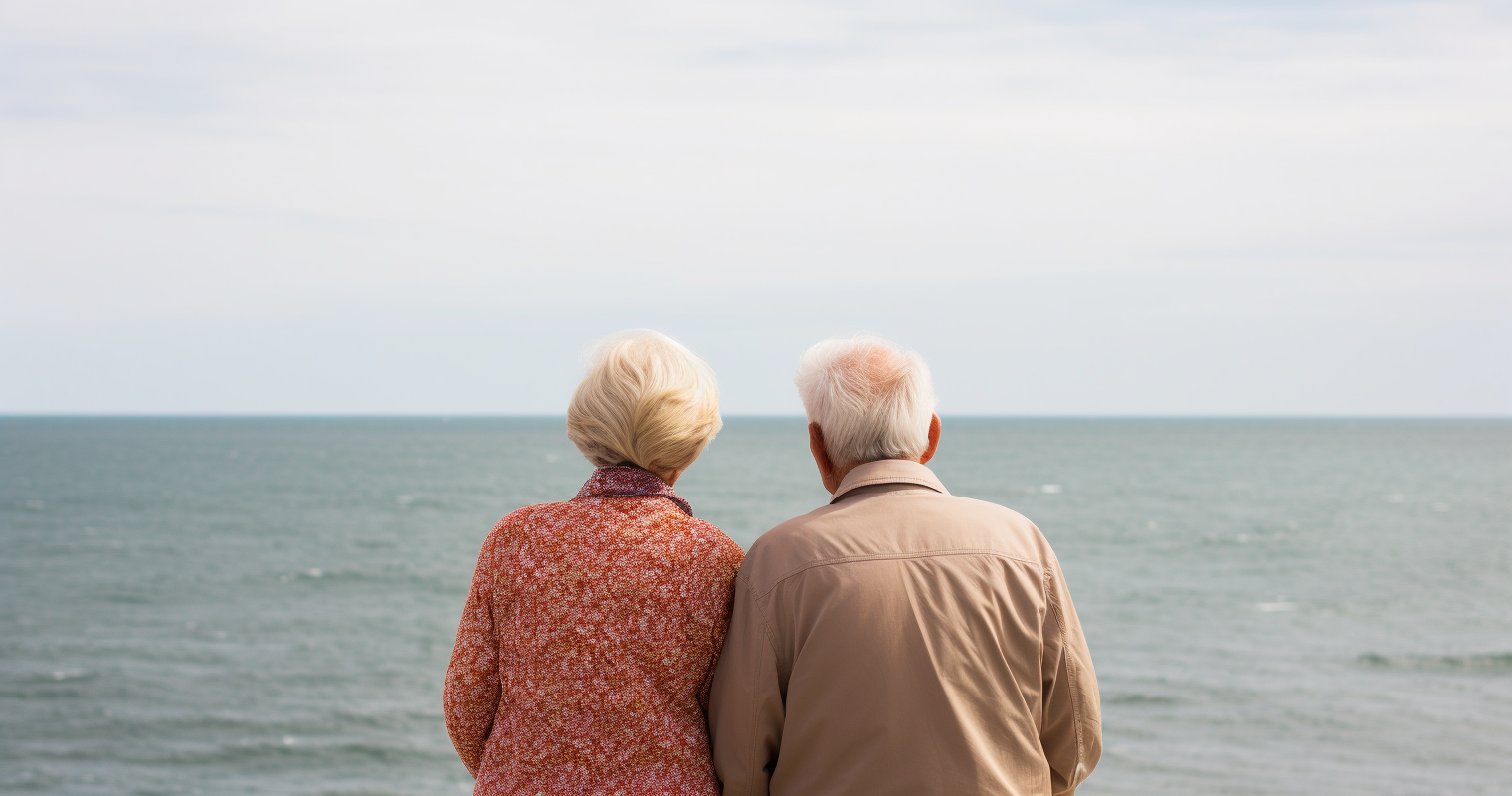Egypt is a country located in North Africa, known for its rich history, culture, and landmarks. The country has made significant strides in economic and social development over the past decade, but still faces challenges in providing adequate care for its elderly population.
The State of Elderly Care in Egypt
According to the Central Agency for Public Mobilization and Statistics (CAPMAS), the elderly population in Egypt has been steadily increasing in recent years. In 2017, the population of those aged 60 and over was around 9.6 million. By 2020, that number had grown to over 11 million, which represents roughly 11% of the country’s total population.
Despite the growing number of elderly people in Egypt, the country still lacks adequate infrastructure and resources to support their care. Many elderly people in Egypt face social, economic, and health-related challenges, which can negatively impact their quality of life.
Availability and Standard of Residential Homes
Residential homes are one of the options available for elderly care in Egypt. However, they are not very common, and those that do exist often lack proper facilities and staff to provide the necessary care.
One of the few examples of residential homes in Egypt is the “Dar El Salam” in Cairo. This facility provides shelter, food, and medical care for elderly people who are homeless or abandoned. While the staff at Dar El Salam do their best to provide care, the facility lacks the resources to provide adequate medical attention for all of its residents.
Availability and Standard of Care Homes
Another option for elderly care in Egypt is care homes, which are similar to residential homes but offer more extensive medical care and services. While there are more care homes in Egypt than residential homes, they still face challenges in providing high-quality care.
One of the most well-known care homes in Egypt is the “El-Wadie Al Gadid Eldar Home” in Giza. This facility provides medical care, therapy, and social activities for elderly people in need. The care home is run by the Ministry of Social Solidarity, which has been providing care for the elderly in Egypt for many years.
While El-Wadie Al Gadid Eldar Home provides essential services for its residents, the facility is often overcrowded and lacks adequate funding to provide the best possible care. Additionally, many elderly people in Egypt cannot afford to live in care homes and must rely on other options for their care.
Availability and Standard of Nursing Homes
Nursing homes are the most extensive option for elderly care in Egypt, offering 24/7 medical care and attention. However, they are also the least common and often only available to those who can afford it.
One of the most well-known nursing homes in Egypt is “El-Mokhtabar Home for the Elderly” in Alexandria. This facility provides medical care, therapy, and social activities for elderly people in need, and has a high reputation for providing excellent care. However, the cost of living in a nursing home like El-Mokhtabar Home for the Elderly can be very high, making it inaccessible for many elderly people in Egypt.
In conclusion, elderly care in Egypt faces significant challenges due to a lack of infrastructure and resources. While there are options available, such as residential homes, care homes, and nursing homes, they are often overcrowded, underfunded, and unable to provide the highest quality care.
To address these challenges, the Egyptian government and civil society organizations must work together to develop sustainable and effective solutions for elderly care. This may include increased funding for existing facilities, the creation of new facilities, and the expansion of community-based care options.
Furthermore, it is crucial to address the social and economic challenges that many elderly people in Egypt face. This can be done through the implementation of policies and programs that support their basic needs, such as housing, healthcare, and social services.
Moreover, the cultural values of Egypt emphasize the importance of respecting and caring for the elderly. Families and communities play a crucial role in providing care and support to their elderly members. However, with the increasing number of nuclear families and migration, this traditional support system is facing challenges, leaving many elderly people vulnerable and isolated.
Thus, it is essential to foster community-based care options that provide social support and companionship to the elderly. Programs such as senior centers, day-care centers, and home-based care can offer essential services such as meals, health screenings, exercise, and social activities to promote their well-being.
In recent years, there have been efforts to improve elderly care in Egypt. The Ministry of Social Solidarity has launched several programs and initiatives to enhance the living conditions and well-being of the elderly population. For instance, the “Decent Life” initiative aims to provide financial and social support to low-income families with elderly members, to improve their living conditions and alleviate their suffering.
Furthermore, the “Healthy Aging” program focuses on promoting healthy lifestyles and providing preventive healthcare services to the elderly population. This program aims to reduce the burden of chronic diseases and improve the quality of life for elderly people in Egypt.
In conclusion, elderly care in Egypt is facing significant challenges, but there are efforts to address them. The government, civil society organizations, and communities must work together to develop comprehensive and sustainable solutions that promote the well-being of the elderly population. By providing adequate care and support to the elderly, we can ensure that they live with dignity and respect in their later years.

